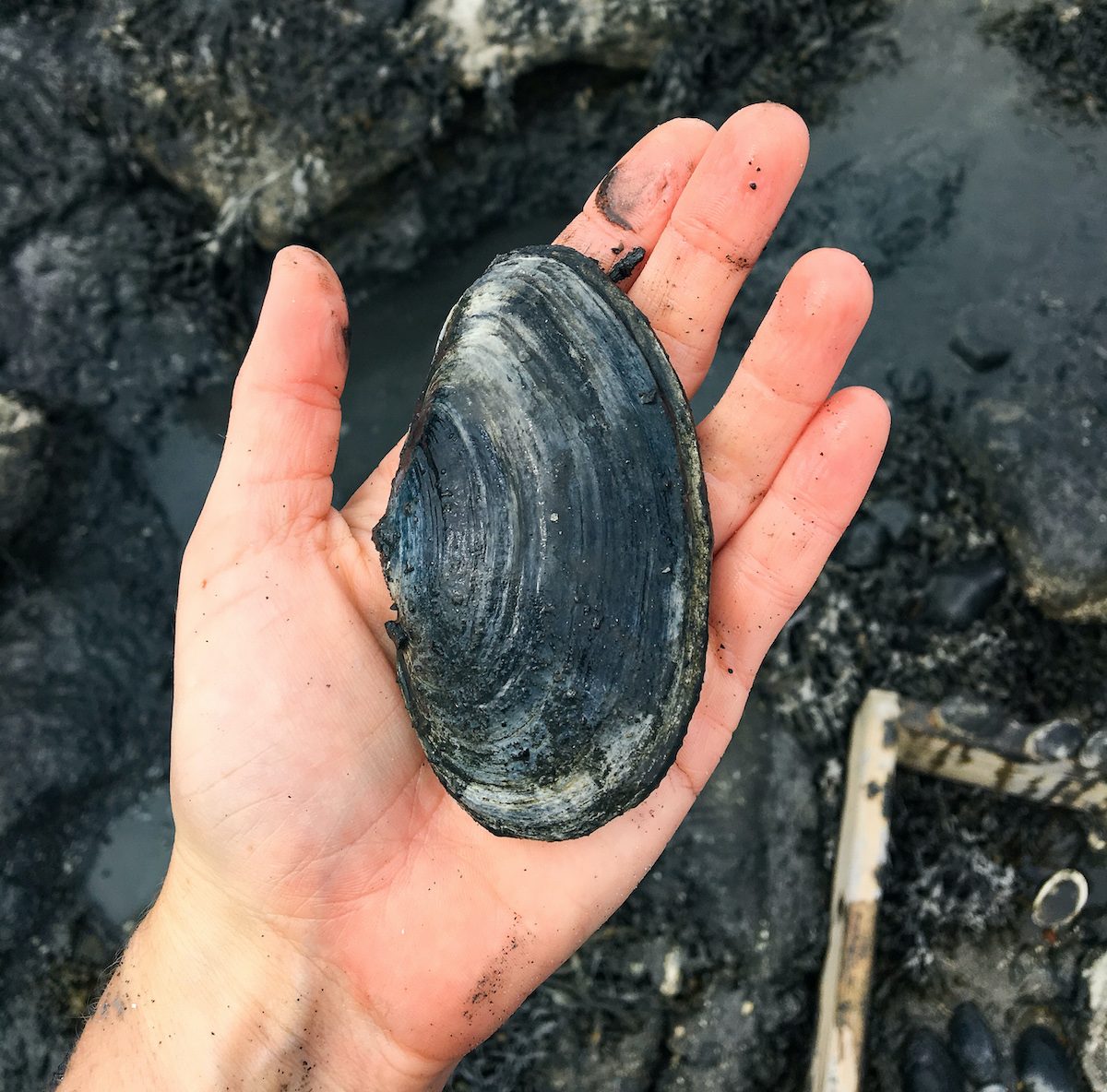
Student shellfish poster recognized
Congratulations to Sarah Risley, Melissa Britsch, and Sara Swett for their award winning poster! They received honorable mention among the posters presented at the Maine Water and Sustainability Conference on April 1, 2021.
Check out their poster, entitled, Integrating Local Ecological Knowledge and Scientific Knowledge to Understand Complex Relationships in Two Maine Estuaries, here.
The abstract follows:
The Damariscotta and Medomak River Estuaries are complex social-ecological systems, where varied groups of stakeholders use and value their ecosystem services, including food, clean water, and areas for recreation and marine-related industries. Collecting data in these systems is often challenging, requiring extensive field work and scientific expertise. These limitations lead to data gaps that restrict the capacity of municipalities to manage coastal resources, like the softshell clam fishery. As an alternative to traditional survey methods, we conducted a participatory mapping study to document local knowledge about these estuaries. Participatory mapping (PM) is a research methodology that solicits expert local knowledge to produce geospatial data. Study participants (n = 52) included recreational and commercial fishermen, local researchers, and sailors, among others. Preliminary results include spatial data for human use activities and shellfish populations in the estuaries, showing ‘hotspot’ locations with many shared uses or distributions of commercially important shellfish species. The study also documented hypotheses about change and drivers of change in the estuaries through qualitative interviews. We demonstrate that local knowledge and PM can help fill data gaps and aid in managing complex marine ecosystems by gathering social and ecological data in tandem. We propose that researchers and resource managers can facilitate a discourse between local knowledge and scientific knowledge through the use of PM and local knowledge. Although in the preliminary stages, we posit that the collective use of these diverse sources of knowledge can improve civic capacity, inform management practices, and ultimately lead to more resilient coastal ecosystems.
